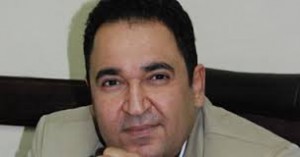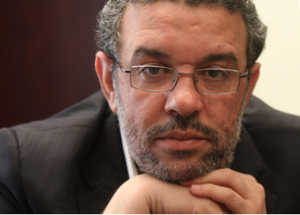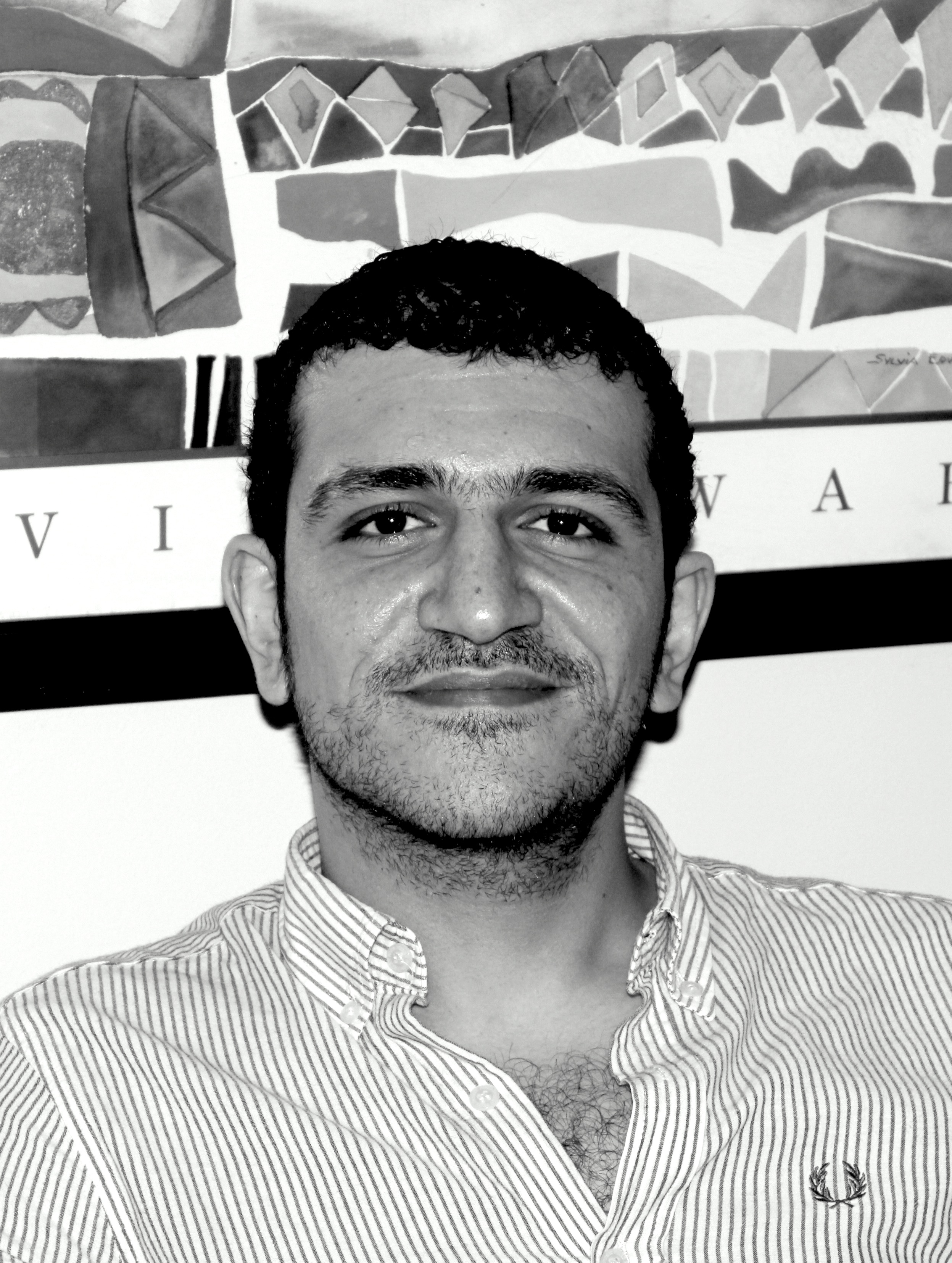Op-Ed pages in major Egyptian newspapers continued to analyse the chaotic situation the country is in. Looking back at eight months ruled by the Muslim Brotherhood, more than one writer has chided their way of management and accused them of using violence against the opposition.
Withdrawing Nobel Prize
Mohamed Salmawi
Al-Masry Al-Youm newspaper
Salmawi discusses the call of Islamist politician Essam Sultan to organize protests in front of the Swedish embassy asking for Mohamed ElBaradei’s Nobel Prize to be withdrawn. The writer criticises the call, stating that the embassy has nothing to do with withdrawing or granting the prize. According to Salmawi, the only connection between the Nobel Prize and Sweden is the fact that Alfred Nobel stated that the prize must be awarded to the winner by the king of Sweden.
He recalls his memories of the 1988 Nobel Prize ceremony, when late Egyptian writer Naguib Mahfouz won the prize. He stated that as Mahfouz could not attend the celebration, he was told that a family member or a friend could receive his prize on his behalf. Mahfouz sent his two daughters, to receive the prize because he could not travel to Sweden. Comparing Mahfouz’s situation to ElBaradei’s, Salmawi concludes his article by stating that the prize is completely irrelevant to Sweden and its embassy in Cairo.
Egypt is lost between Abdel Maguid and Abu Doma
Emad Al-Din Hussein
Al-Shorouk newspaper
The Shura Council member of the Al-Jamaa Al-Islamiya Assem Abdel Maguid believes that the main objective behind the ongoing chaos and clashes in Egypt is to force the Islamist project to fail. If Abdel Maguid is correct, Hussein questions how attempts to derail the Islamist project can be ended.
According to the writer, Islamists should either defend their projects against their opponents from the liberal current or adhere to the concept of adjusting to different viewpoints. Hussein highlights that liberals have frequently repeated their intentions to reach an accord with Islamists, but there have been no positive signs of this so far. Some Egyptians believe that the main problem with President Mohamed Morsi is not his devotion to the instructions of the Muslim Brotherhood, but his flexible attitude towards his opponents.
Friday’s clashes between Islamists and liberals in Moqattam, which left more than 200 injured, remind Hussein of the situation in Iraq and Lebanon before civil wars broke out in each state. As he has done in earlier columns, the writer blames Morsi for every incident happening on the ground.
Whether the Muslim Brotherhood members were attacked in Moqattam, or liberals have been attacked by Muslim Brotherhood guards in front of the Guidance Bureau, Hussein stresses that Morsi is responsible for these affronts to the dignity of every Egyptian regardless of their political inclinations.
My advice to the Guidance Bureau
Mohamed Ali Khair
Al-Shorouk newspaper
After eight months of ruling Egypt, Khair states that the Muslim Brotherhood members are probably asking themselves why Egypt has reached this stage of chaos, and why nobody other than the group’s members defended their headquarters when they were attacked. Criticising the Islamist group, Khair explores how the Muslim Brotherhood has failed to meet its minimum promises to ordinary Egyptian citizens.
When the presidential elections were held last June, the majority of Egyptians chose Morsi as their president, believing he would end the chaos created by the old regime. Unfortunately, the complete opposite occurred and violence spread across many of the country’s governorates.
Has the time come for the Muslim Brotherhood to revise their methods of administering the country? The writer reminds the group that its members did not participate in the first three days of the 25 January revolution; therefore they cannot claim ownership of the uprising or the removal of the old regime.
The group has been in the dark for more than 30 years, and now that they have gained power they have failed at administering Egypt. Khair advises the Muslim Brotherhood’s Guidance Bureau to rethink the methods used in ruling Egypt so far and analyse objectively what they have contributed to the country’s problems.
January’s dreams
Amr Khafagy
Al-Shorouk newspaper
Khafagy recalls the unity of Egyptians during the 18-day-uprising. He reminds his readers of the fact that the January 2011 revolution was made possible by citizens of almost all political inclinations and from all social groups. The unity of men and women, Muslim and Christians, was what made this revolution successful, states Khafagy.
Looking at ongoing clashes between liberals and Islamists, which have left hundreds wounded, the writer stresses the importance of looking back to how the nationwide protests originally began. He blames the senior members of all political groups for contributing to the chaotic situation in Egypt.
Although the battle today is not between the young and the old, the dreams of January 2011 have soured. The youth are responsible in the eyes of society to continue chasing the dreams of the revolution and to work on achieving the demands of freedom and social justice. Addressing Egyptian youth, Khafagy tells them that their role is significant. He asks them to remember their devotion to the revolutionary causes and stay committed to achieving their goals. Khafagy says it has now become their duty to continue the uprising.






